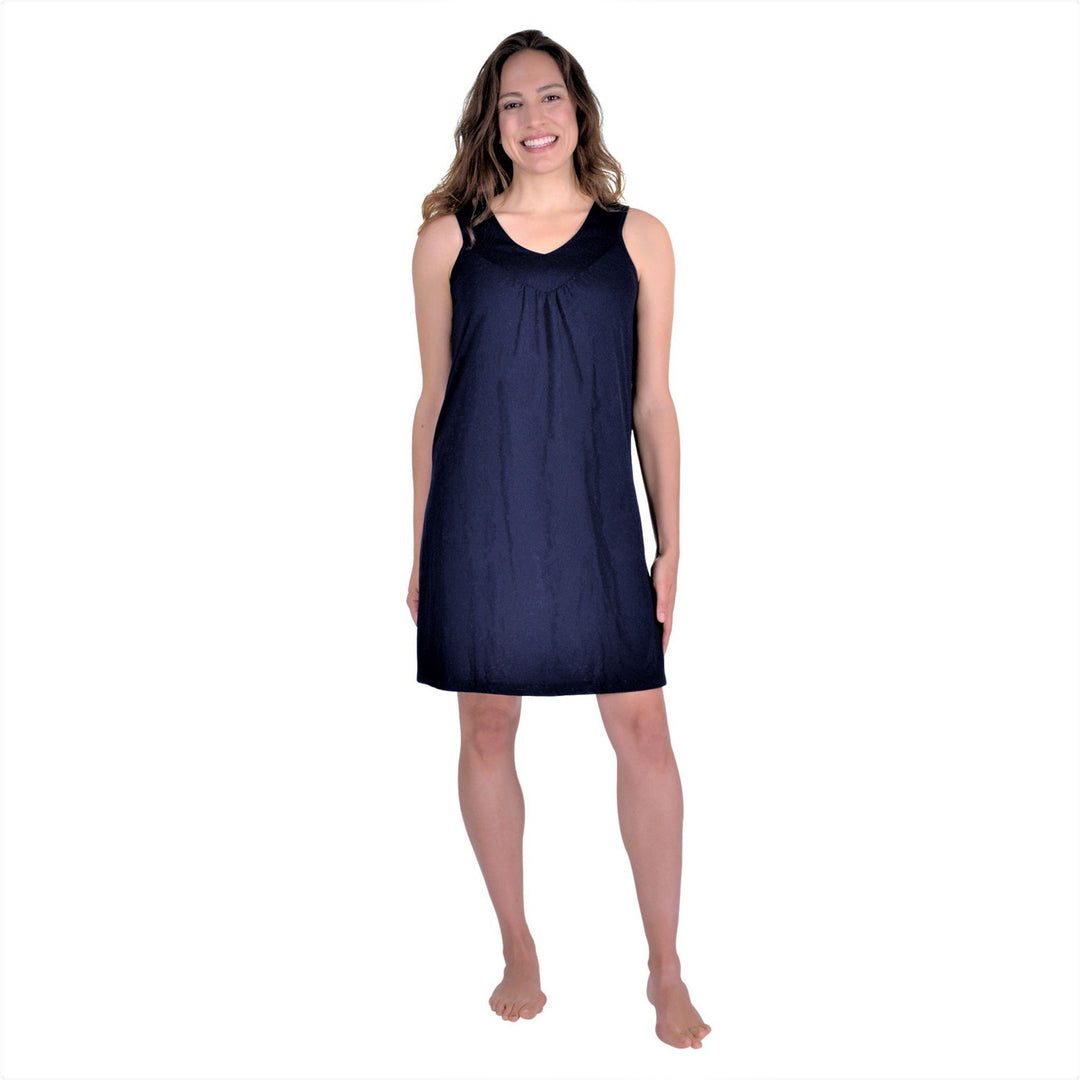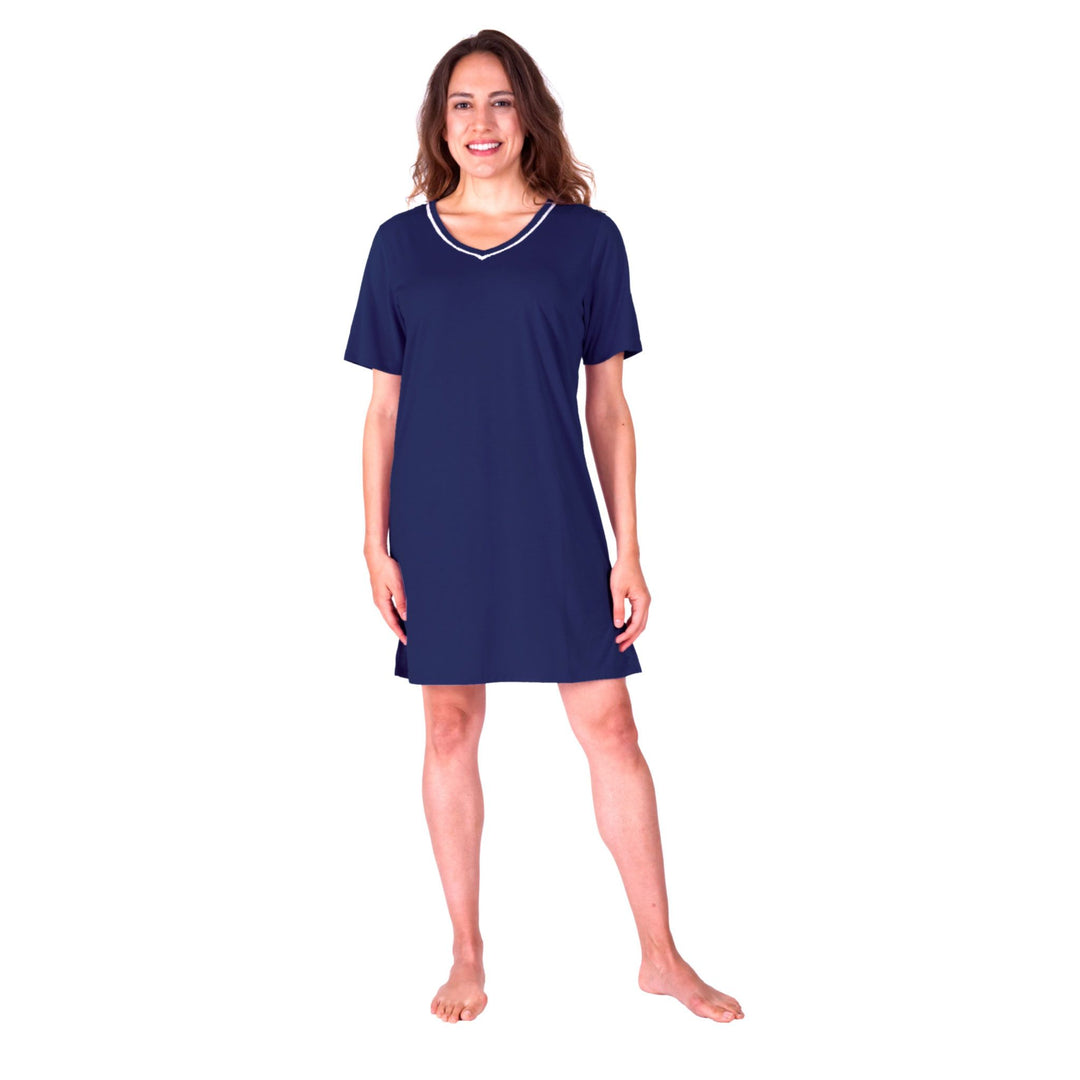Do I Need a CPAP Machine?

Between 5 and 10 percent of people in the United States suffer from sleep apnea, however, a majority of those people are undiagnosed. Patients sometimes require a CPAP machine to help them continue breathing throughout the night. CPAP stands for continuous positive airway pressure, and these devices are usually prescribed for people who suffer from obstructive sleep apnea, in which the airway becomes blocked during the night. This causes them to stop breathing, sometimes for seconds at a time. In addition to causing immediate danger, this type of sleep apnea can cause long-term problems stemming from years of stress on your heart. When you stop breathing, even for a few seconds, your blood levels begin to decline, forcing your heart to pump harder to make up for the deficit. This, in turn, puts stress on your heart.
Only your doctor can determine whether or not you need a CPAP machine. Your physician can order two different types of tests: a home sleep study, which is the more cost-effective version, or a polysomnography (PSG), a diagnostic test administered by a sleep technician. At-home studies are usually required for those who suffer from COPD, congestive heart failure or a variety of other medical issues. A PSG is usually ordered for people with symptoms such as snoring, witnessed apneas while asleep, those who are excessively sleepy during the day or those who choke or gasp in the middle of the night.
While the idea of sleeping with a mask may not seem like the easiest way to fall asleep, it won't take long for your body to adjust to the change, and after all, it can save your life.







